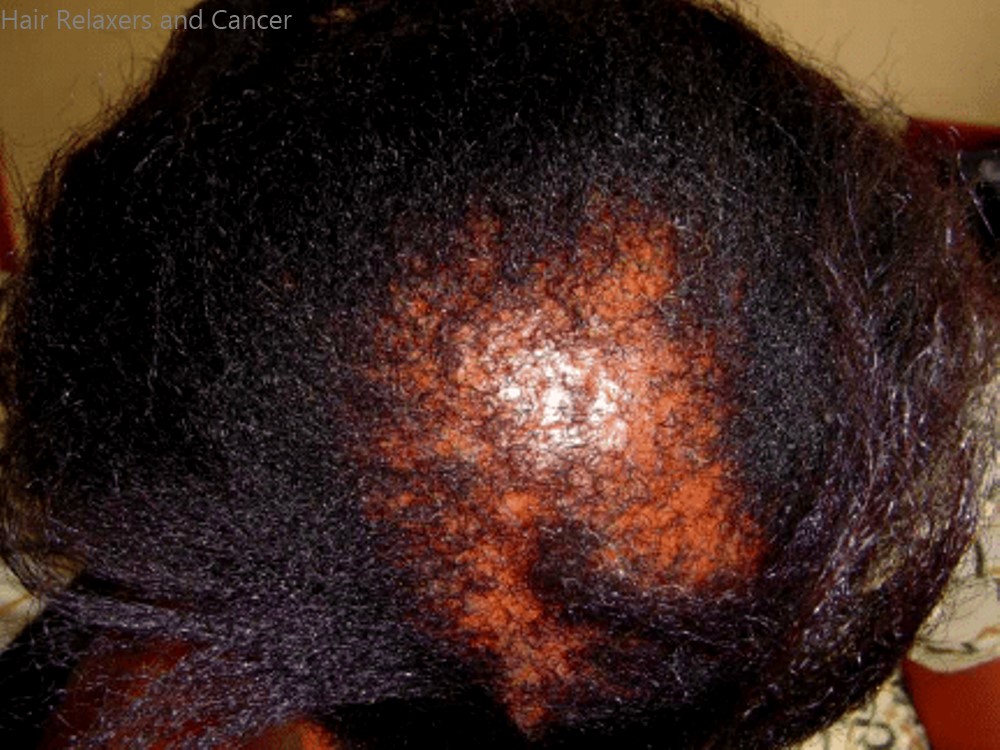Hair relaxers are chemical products used primarily by individuals with curly or kinky hair to straighten their hair texture. However, concerns have be
Hair relaxers are chemical products used primarily by individuals with curly or kinky hair to straighten their hair texture. However, concerns have been raised regarding the potential link between hair relaxers and cancer, prompting extensive research into the matter.
Contents
- 1 Understanding Hair Relaxers
- 2 Link Between Hair Relaxers and Cancer
- 3 Studies Supporting the Link
- 4 Controversy and Conflicting Evidence
- 5 Potential Risks and Concerns
- 6 Regulatory Measures and Safety Standards
- 7 Safe Usage Practices
- 8 Alternative Options
- 9 Consulting with Professionals
- 10 Consumer Awareness and Education
- 11 Healthy Hair Practices
- 12 Addressing Concerns and Misconceptions
- 13 Conclusion
Understanding Hair Relaxers
Hair relaxers are products designed to alter the natural structure of hair, making it straighter and more manageable. These products typically contain strong alkaline chemicals such as sodium hydroxide or guanidine hydroxide, which break down the protein bonds in the hair shaft, allowing it to be reshaped.
Link Between Hair Relaxers and Cancer
Several studies have explored the possible association between hair relaxers and cancer. These studies have focused on the carcinogenic potential of certain ingredients found in hair relaxer formulations, such as formaldehyde, which is classified as a known human carcinogen by the International Agency for Research on Cancer (IARC).
Read More: 25 Easy And Beneficial Recipes For Health
Studies Supporting the Link
Research has indicated a correlation between the use of hair relaxers and an increased risk of certain types of cancer, including breast cancer and uterine fibroids. For example, a study published in the American Journal of Epidemiology found that women who used hair relaxers were at a higher risk of developing breast cancer compared to those who did not use these products.
Controversy and Conflicting Evidence
However, there is still debate within the scientific community regarding the exact nature of the relationship between hair relaxers and cancer. Some studies have failed to find a significant association, citing limitations such as small sample sizes and methodological flaws.
Potential Risks and Concerns
Despite conflicting evidence, experts caution against prolonged or frequent use of hair relaxers due to potential health risks. These risks may include scalp irritation, hair breakage, and damage to the hair follicles, as well as more serious health concerns such as cancer.
Regulatory Measures and Safety Standards
Regulatory agencies such as the Food and Drug Administration (FDA) regulate the manufacturing and labeling of hair relaxer products to ensure consumer safety. However, critics argue that current regulations may not adequately address the potential health risks associated with these products.
Safe Usage Practices
To minimize potential health risks, it is essential to follow safe usage practices when using hair relaxers. This includes carefully following the instructions provided by the manufacturer, conducting patch tests prior to use, and avoiding overexposure to the chemicals in these products.
Alternative Options
For individuals concerned about the potential risks of hair relaxers, there are alternative options available. Natural hair care methods, such as braiding, twisting, or using heat-free styling techniques, can help achieve desired hairstyles without relying on chemical treatments.
Consulting with Professionals
Before making any decisions about hair care products, it is advisable to consult with a qualified hair care professional. These experts can provide personalized recommendations based on individual hair types, preferences, and concerns.
Consumer Awareness and Education
Empowering consumers with knowledge about hair care products is crucial for making informed choices. By reading product labels, understanding ingredient lists, and staying informed about potential risks, consumers can take proactive steps to protect their health.
Read More: 12 Easy Lifestyle Changes for Youthful, Healthy Skin
Healthy Hair Practices
In addition to avoiding potentially harmful chemicals, maintaining overall hair health is essential. Eating a balanced diet, staying hydrated, and minimizing heat and chemical exposure can help promote strong, healthy hair.
Addressing Concerns and Misconceptions
Finally, it is essential to address common misconceptions and fears surrounding hair relaxers and cancer. By providing accurate information and debunking myths, individuals can make decisions about their hair care routines with confidence.
Conclusion
While research on the link between hair relaxers and cancer is ongoing, it is clear that these products may pose certain risks to consumer health. By understanding these risks, following safe usage practices, and exploring alternative hair care options, individuals can make choices that prioritize their well-being.

COMMENTS